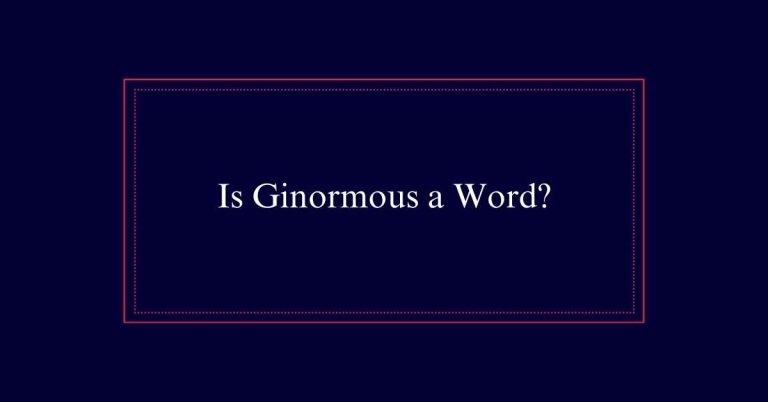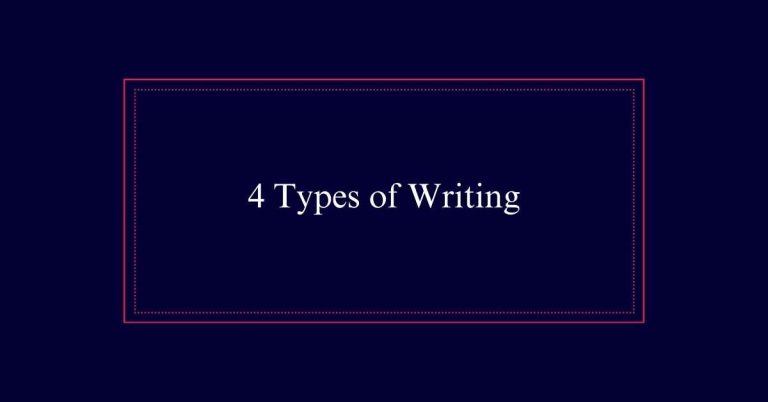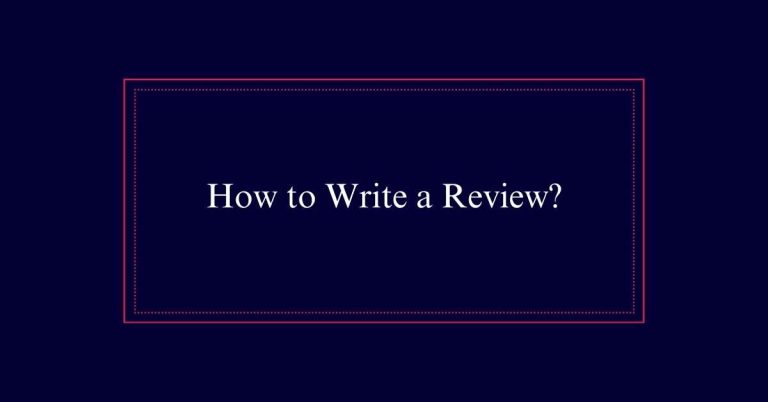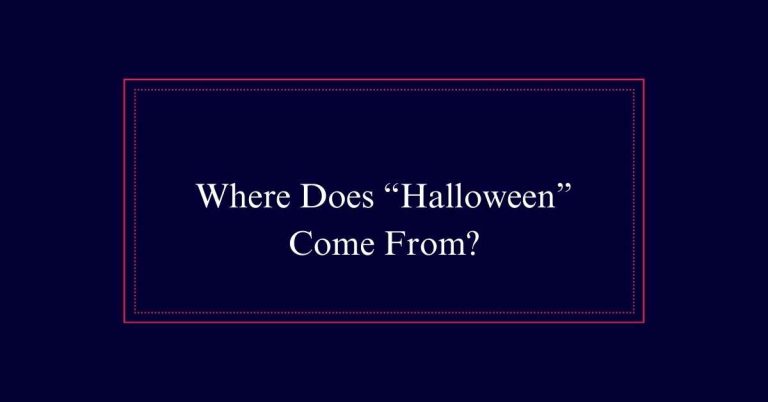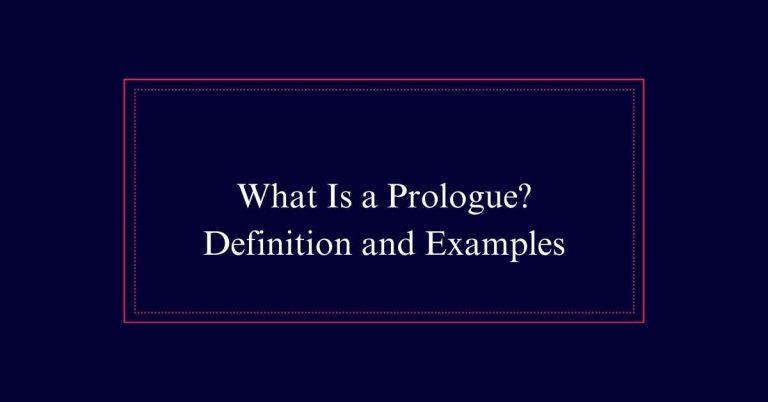Hanged or Hung?
The words ‘hanged’ and ‘hung’ serve different purposes. Use ‘hanged’ exclusively when referring to execution by hanging. For example, ‘The criminal was hanged for his crimes.’ In contrast, ‘hung’ applies to suspending objects, such as ‘She hung the picture on the wall.’
Understanding Past Tense Usage
Understanding the past tense usage of ‘hanged’ and ‘hung’ is essential for accurate and effective communication. The word ‘hung’ is used when referring to suspending objects. For example, clothes are hung on hangers, and awards can be hung on walls.
In contrast, ‘hanged’ is specifically used in the context of execution by hanging. This distinction is important because the incorrect usage can lead to misunderstandings. People can be suspended without harm, such as in bungee jumping, where ‘hung’ is appropriate.
However, in legal or historical contexts involving execution, ‘hanged’ is the correct term.
When to Use ‘Hanged’
‘Hanged’ should be used exclusively when referring to executions or suicides involving hanging. This specific term is reserved for describing deaths caused by hanging, ensuring precision in language. It differentiates from ‘hung,’ which applies to other contexts, such as suspending objects or displaying items.
In legal or historical texts, ‘hanged’ accurately conveys the gravity of the situation. For instance, historical accounts of public executions or legal documents detailing the method of capital punishment will use ‘hanged.’ It is important to use ‘hanged’ correctly to maintain clarity and respect in sensitive matters.
Always remember, when discussing someone who has been executed or has taken their own life by hanging, ‘hanged’ is the appropriate choice.
Examples of ‘Hanged’ and ‘Hung’
To illustrate the difference, consider these examples of ‘hanged’ and ‘hung’ in various contexts.
In the past, criminals were often hanged for their crimes. Conversely, a picture is hung on a wall to add beauty to a room.
When describing historical events, one might say, ‘The traitors were hanged at dawn.’ In everyday life, we might say, ‘She hung her coat on the rack.
Finally, consider this emotional imagery:
- The condemned man was hanged, casting a shadow over the town.
- The painting hung above the fireplace, a masterpiece.
- The lifeless body was found hanged in the forest.
- The graduation photo was proudly hung in the hallway.
- The bell hung silently in the steeple, awaiting the next toll.
Contexts for ‘Hanged’
Executions, whether judicial or extrajudicial, invariably require the use of the term ‘hanged.’ This specific usage is reserved for instances where a person is put to death by suspension from the neck.
Historical and legal documents often reference individuals being ‘hanged’ as a form of capital punishment. Additionally, ‘hanged’ can also describe suicides that involve hanging. In literature and historical recounts, the precise term ‘hanged’ is essential for clarity.
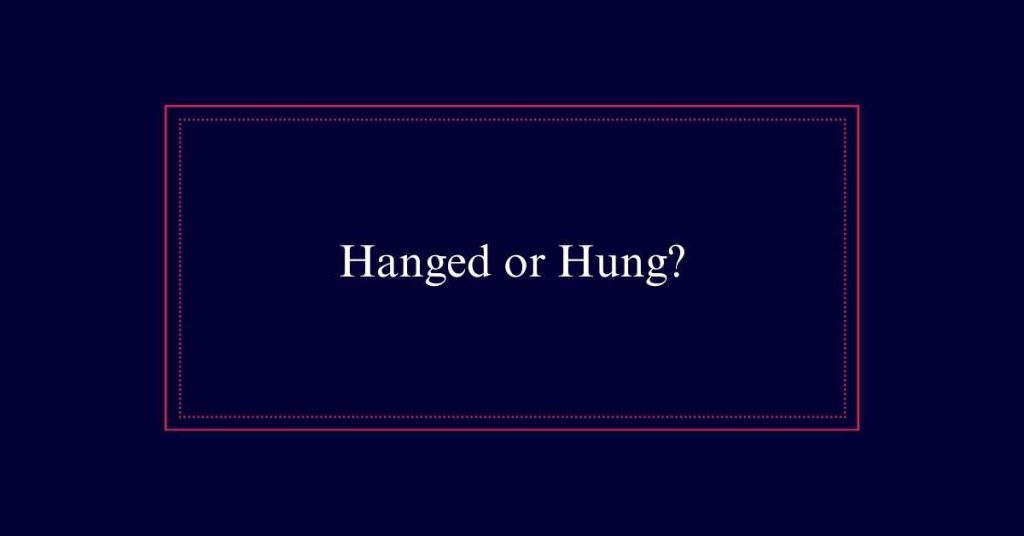
For example, ‘The criminal was hanged at dawn’ versus ‘The painting was hung on the wall.’ The distinction is important to avoid confusion. When referring to death by hanging, ‘hanged’ is the correct and appropriate term to use.
Objects Typically ‘Hung’
Various objects are typically hung in everyday situations. The word ‘hung’ is used to describe the suspension of items in various contexts, enriching our daily lives.
Imagine the joy and utility derived from these objects being in their proper places.
- Family photos capturing precious moments on the wall.
- Decorative lights that brighten up festive occasions.
- Art pieces that evoke inspiration and admiration.
- Mirrors that reflect our daily transformations.
- Wind chimes that create soothing sounds in a gentle breeze.
Differences Between ‘Hanged’ and ‘Hung’
Understanding the differences between ‘hanged’ and ‘hung’ is essential for accurate and effective communication.
The word ‘hanged’ is specifically used when referring to the execution of a person by hanging. For example, ‘The criminal was hanged at dawn.’
On the other hand, ‘hung’ is used for all other contexts. For instance, ‘She hung the painting on the wall.’
The distinction is vital: ‘hanged’ denotes a form of capital punishment, while ‘hung’ refers to the act of suspending objects or people without harm, such as bungee jumping.
Historical Usage Insights
Historical records reveal that the use of ‘hanged’ dates back to medieval times when public executions were common. The term became synonymous with capital punishment and was often used in legal contexts. Executions were not merely acts of justice; they were public spectacles meant to invoke fear and compliance.
Many were wrongfully hanged.
The sight of gallows instilled dread.
Motives for hangings were complex.
Many countries have since banned public hangings.
The use of ‘hanged’ reflects a grim part of history.
Phrasal Verbs Involving ‘Hung’
Phrasal verbs involving ‘hung’ are common in everyday English, adding nuance and specificity to expressions. For instance, ‘hung out’ means to spend time leisurely with someone, as in, ‘We hung out at the park yesterday.’
Another example is ‘hung up,’ which can mean ending a phone call, like, ‘She hung up after the conversation.’
Additionally, ‘hung on’ can indicate persistence, as in, ‘He hung on through difficult times.’
Each phrasal verb involving ‘hung’ carries a distinct meaning, enriching communication. Understanding these verbs guarantees precise and effective use in various contexts, enhancing both written and spoken English.
Idiomatic Expressions With ‘Hung’
Idiomatic expressions with ‘hung’ enrich the language by offering vivid and specific ways to convey ideas. These phrases can evoke strong emotions and paint clear pictures in the minds of listeners and readers.
Consider the following examples:
- Hung out to dry: Feeling abandoned or unsupported.
- Hung up on someone: Having lingering feelings or being overly concerned.
- Hung in the balance: Facing uncertain outcomes or critical decisions.
- Hung with guilt: Overwhelmed by feelings of remorse or regret.
- Hung the moon: Believing someone is exceptionally wonderful or perfect.
Summary of Key Distinctions
The distinction between ‘hanged’ and ‘hung’ primarily hinges on their specific contexts of use. ‘Hanged’ is strictly used for executions, while ‘hung’ applies to all other situations. To help clarify their uses, refer to the table below:
| Context | Correct Form | Example |
|---|---|---|
| Execution | Hanged | The criminal was hanged. |
| Clothing | Hung | She hung her coat on the hook. |
| Pictures | Hung | They hung the painting on the wall. |
| Idioms | Hung | He got hung up on the details. |
| Suspension | Hung | The lamp was hung from the ceiling. |


